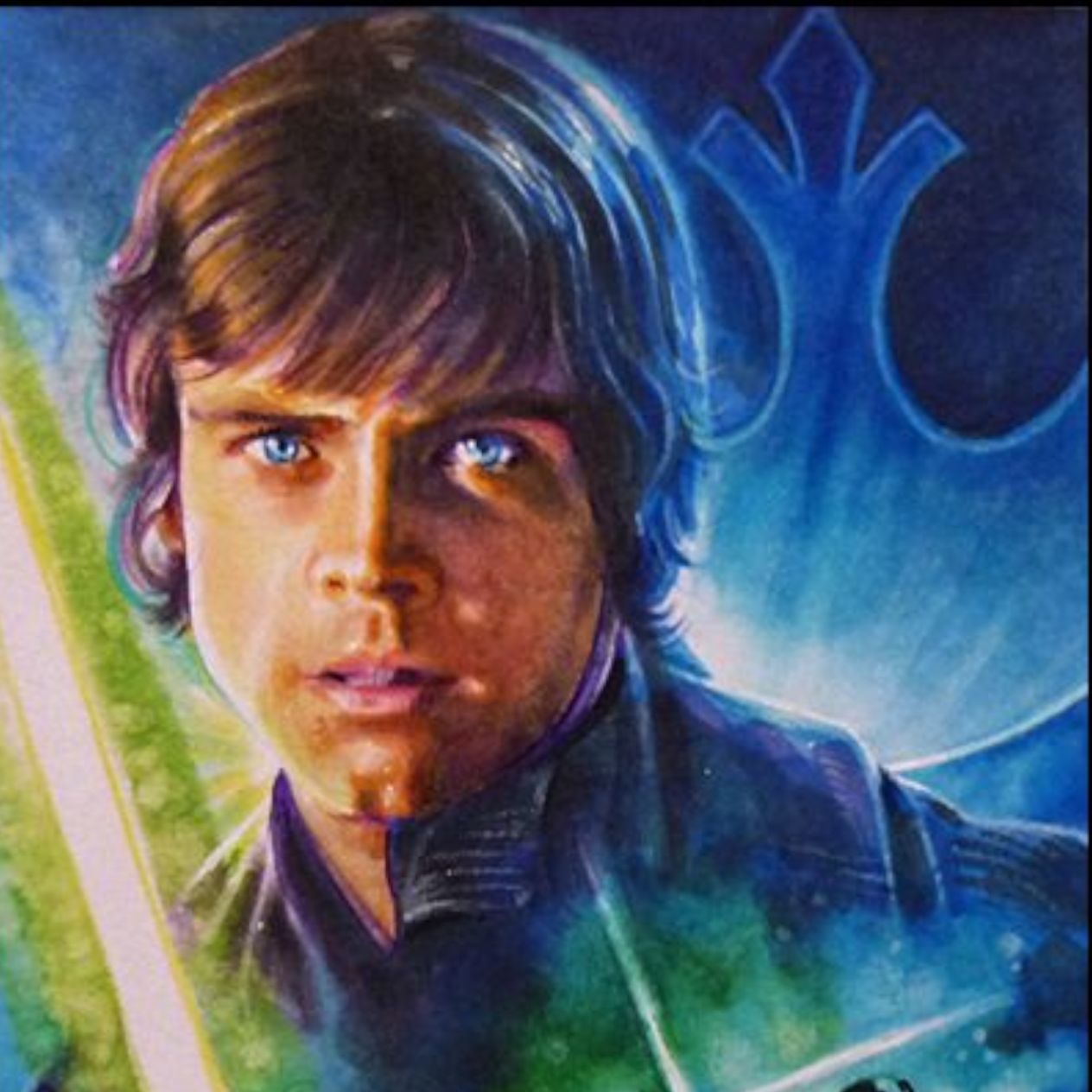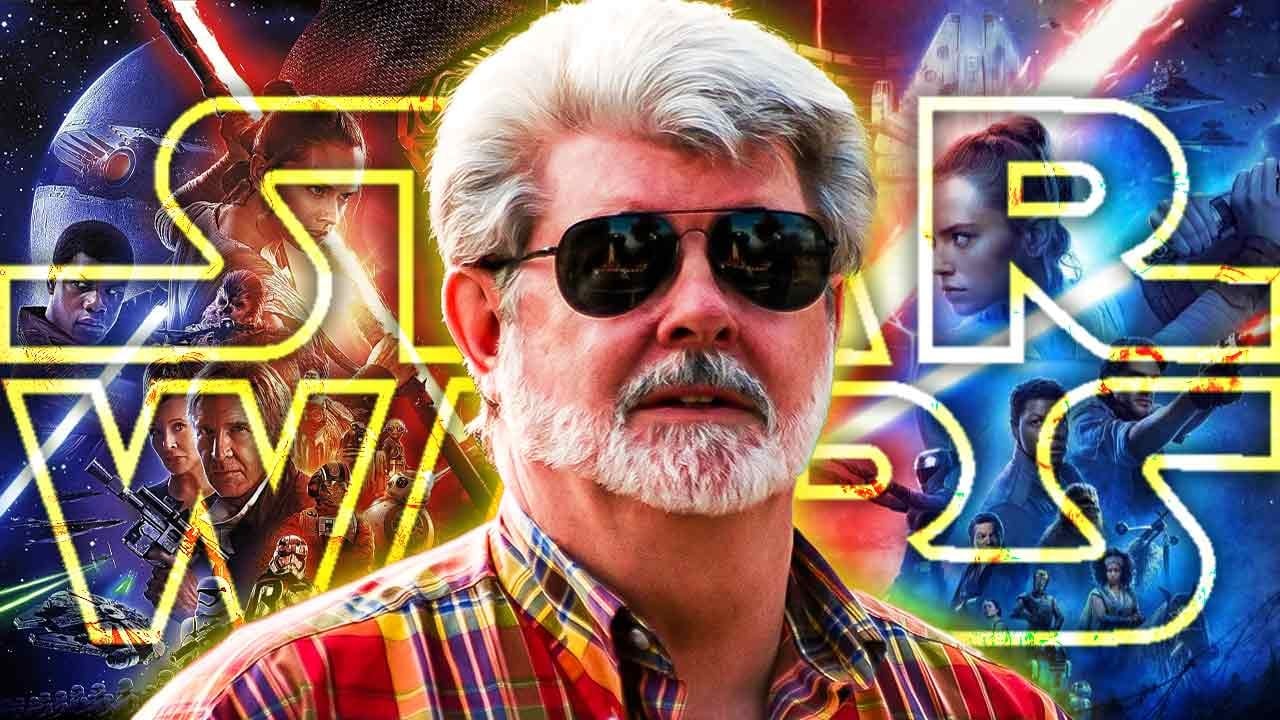The original trilogy of Star Wars films, spearheaded by George Lucas were critical and commercial successes. However, in 1997 Lucas released the “Special Edition” of the films for the trilogy’s 20th anniversary, which featured extensive changes to the original theatrical cuts.
The original cuts have since become scarce. However, a group of Star Wars fans, known as Team Negative One have reportedly almost completely digitally restored the original cuts in 4K using 35-millimeter prints of the original trilogy.
The project is headed by Robert Williams, who along with his team have spent almost a decade restoring the films.
“They’re not really upset that he made the changes, because some of them are pretty cool and actually make the films better. They’re really upset that he didn’t also release the original version alongside it. Just put two discs in the box. We’d have been happy.”
Williams made the above statement to The New York Times, explaining the motivation behind preserving the original cuts of the trilogy. However, the publication also noted that Team Negative One’s activities were not authorized as they worked with film reels meant to be destroyed or returned. Hence, the legality of Team Negative One’s restored versions of the original trilogy is questionable.
…
Given Lucas’ strong feelings about the Special Editions, it is evident that the filmmaker would be unhappy with fans trying to preserve the original cuts, which he referred to as “rough drafts” in the past.
According to reports, Lucas allegedly voiced his disappointment with fans demanding a high-resolution release of the original cuts in the following words:
“Grow up. These are my movies, not yours.”
Similarly, when the National Film Registry aimed to preserve 1977’s Star Wars (later retitled Star Wars: Episode IV – A New Hope), Lucas reportedly refused to provide them with a copy of the original theatrical release.
Lucas stated that he would no longer authorize the original version’s release, reaffirming that he did not intend for the audience to view the theatrical cuts. After Disney acquired the franchise, Lucasfilm President Kathleen Kennedy also stated that Lucas’s changes to the theatrical cuts would remain untouched. Hence, it is safe to say that Lucas would certainly be unhappy with fans still trying to preserve the original cuts.



It’s an interesting debate - they are his (or Disney’s) films, for now, but like Mikey Mouse, they will eventually be public domain and become ours. However, that’s still a way off and, by then, it will be harder to find the originals in their best condition, so masters have to be made now. I assume Disney have already done this and have it all stashed in a vault but, unless they have a legal loophole after Lucas dies, we may never get them. So Team Negative One are doing important work and, if there is no intention to release them again, it is hardly impacting anyone’s bottom line.
as a writer/artist/performer - I disagree with Lucas. There are many parts at which each artist - whether actor, scene painter, LX, director or producer has to relinquish their control over their work and let it be.
It’s more commonly heard in theatre: the tradition of opening night being the point where the director relinquished control and now it’s the actors show is very passionately held. If things go wrong and need fixing then the Stage Manager steps in, but otherwise it’s no longer the directors purview.
In film the director over sees editing and may even have a hand in distribution- but once an audience sees it - it’s now the directors work (past tense) and - regardless of capitalistic machinations w/r/t copyright, licensing, distribution- the art (present tense) now only exists in the reception of the audience, as you can’t experience a movie without watching it - therefore the act of watching the movie is the experience of the movie - therefore it is the audience’s domain.
They’ll be in the public domain for infinity years, which is more than creator lifetime + xxx years. Works wanting copyright protection must be forced to submit copies to a permanent archive.